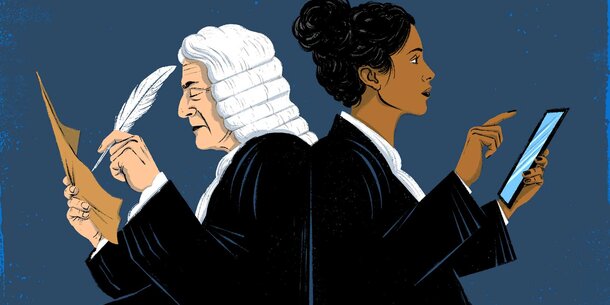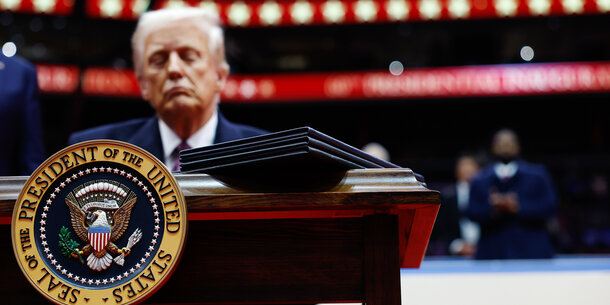This brief is the latest in a series historians are filing around the country to respond to attacks on the Voting Rights Act.
The appeal in Turtle Mountain Band of Chippewa Indians v. Howe concerns whether Section 2 of the VRA empowers private litigants to challenge discriminatory voting practices under 42 U.S.C. § 1983. Since Section 2 was first enacted in 1965, Congress, the courts, the United States Department of Justice, and private litigants have all agreed that Section 2 is privately enforceable—in other words, that Section 2 contains a “private right of action.” In recent years, that settled understanding has come under attack, with several courts ruling that there is no private right of action under Section 2. Courts are now considering whether, even without a private right of action under Section 2 itself, Section 2 can still be enforced through Section 1983, a federal statute that allows individuals to sue state and local governments for civil rights violations.
The U.S. District Court for the Eastern District of North Dakota considered this question in Turtle Mountain, a case in which two Native American tribes and three Native American voters alleged that North Dakota’s 2021 redistricting map diluted Native American voting strength. The District Court ruled that the plaintiffs could bring such claims and further determined that North Dakota’s 2021 redistricting map violated Section 2. On appeal, the U.S. Court of Appeals for the Eighth Circuit reversed the district court’s decision and held that there was no private right of action under Section 1983. The Plaintiffs petitioned for rehearing before the whole Eighth Circuit.
The historians’ brief argues that the ability of minority voters to bring lawsuits enforcing Section 2—whether under Section 2 itself or Section 1983—has been at the heart of the VRA’s enforcement scheme since the beginning. The brief starts by explaining that Congress recognized pre-VRA civil rights laws—which lacked any private enforcement mechanisms— failed to protect Black voters adequately, leaving them vulnerable to discrimination and increasing political violence. Congress designed the VRA to enable private enforcement to respond to this problem.
The brief then explores the 1982 debates that led up to Congress amending Section 2 to make it easier for plaintiffs to challenge discrimination. As the historians show, it is clear from the legislative record that everyone involved—both the proponents of the amendment and its detractors—understood that private plaintiffs could bring Section 2 challenges and Congress amended the statute to facilitate those challenges. That signals Congress’s understanding that Section 2 would continue to empower voters to bring lawsuits of their own. Litigation activity since that time bears out Congress’s intent: Private plaintiffs brought 1,328 (or 92.7 percent) of all Section 2 cases filed in 1982 or later.


